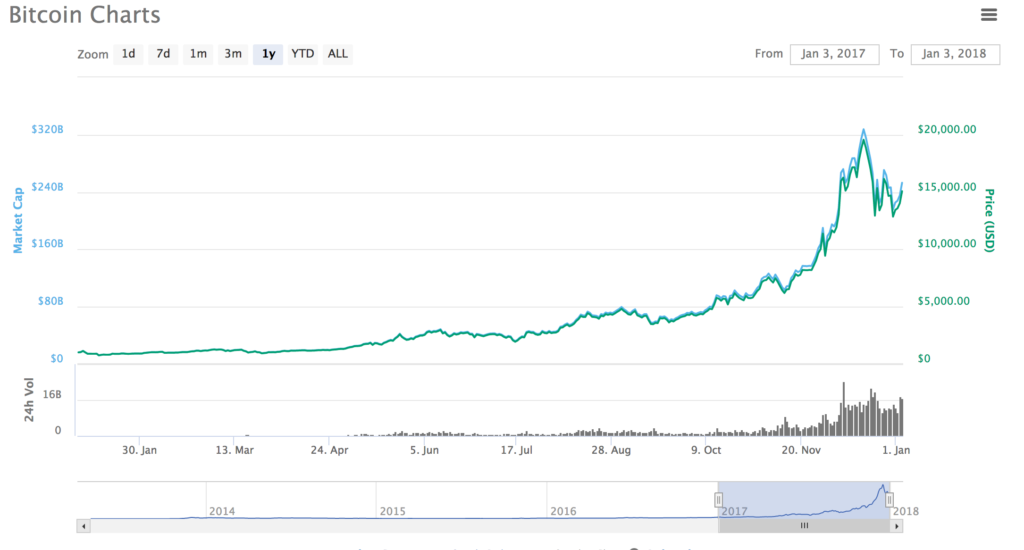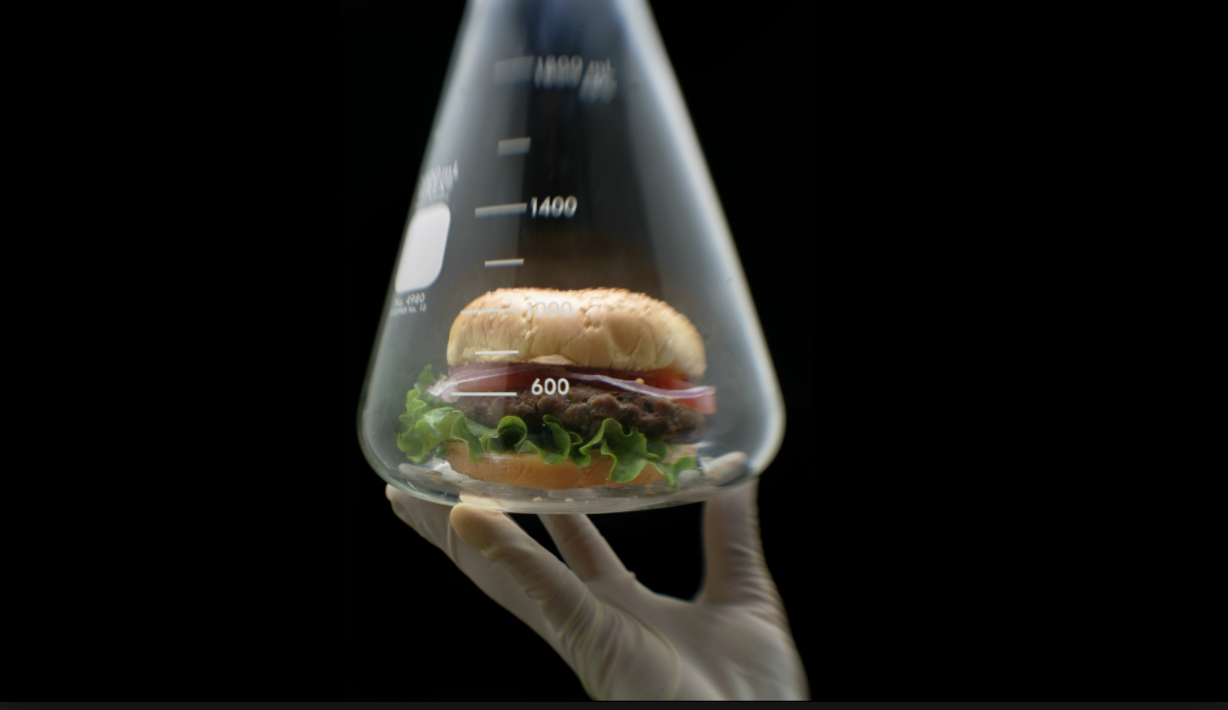I’ve always believed the technology shifts we ought focus on shouldn’t be the abrupt, but changes in the tide of consumer behaviour and the economy. The reasons shifts are more important than definitive events is that we have time to react to them, build around the movement and benefit from the change. Disruptive events are all too often the story of yesterday. With that in mind, here’s some thought starters on where we might focus our businesses in the coming year.
Typing to talking: After investing 20 years in being found on the screen, a list, the list will start to evaporate and be replaced with a singular verbal response. There won’t be a first page, just a recommendation. With Google, Apple, Microsoft, Amazon and others investing heavily in voice activated devices the battle for the home, the fridge and entertainment devices will shift from typing to talking. This is a basic requirement before any serious IoT can be deployed, and will also forge a core component of the autonomous transport revolution. If any business relies on the SEO now, then it’s time to start working on Voice Engine strategy for a very fast approaching tomorrow.

Drone Logistics: While the big players have been the core promotors of drone possibilities, expect to see a pivot where a ‘Jo Nobody’ local business starts the process of real deliveries via drone. While regulations are moving fast, the risk for a small local outfit to deliver something just a few km’s away, while illegal, is often palatable to entrepreneurs. I expect V1 drone logistics to be built underneath the radar (surely you liked that pun). The first regular outside of line of sight deliveries will occur while no one is watching this year. Small efforts by micro businesses where both the deliverer and deliveree benefit. The real innovations are less about press releases of possible future innovation and more about two parties solving each others problems using the technology, mostly without permission.
Pop up bots: While bots pervade our every internet moment and make most of the technology we touch, we can expect bots to pop up where humans once stood this year. It won’t be a swarm, but we can expect to see a few humanoid style robots stand where people recently have, doing the repetitive task they did. At first it will be a curiosity, a marketing bit, some retail theatre, but it will be real. When robots can do backflips, it wont be long before they pull long macchiatos. Maybe your business can get the lead and win the early PR race – which is what it will be in 2018 at a commercial level for those not actually manufacturing the bots.
Crytpo Bubble Expands: Bitcoin had a year of growth to rival any financial bubble in history, at one point the rise was 20 fold in 12 months. I’ve been a believer in crypto currency for a long time. And I still am, but the underlying value of any product, service, asset class, or investment does not preclude it from getting overpriced (read bubble). The problem isn’t the price itself though, bitcoin could end up worth a million each for all i know, but that rapid adoption creates a rush at the door, and inevitably not everyone can get in or out – it creates a natural bottle neck of supply – the asset ends up with rapid confidence gains and losses, and sometimes it falls rapidly and doesn’t recover. Remember currencies are based on trust. My view is that bitcoin has shifted from a currency to a store of value – for now. So here’s the prediction bit. The crypto mania will continue into this year, and given those pushing up the price are generally people afraid of missing out, the rush will shift from being about bitcoin to about whichever currency ‘seems cheap’. It’s impossible to price an asset which has no yield and is based only on confidence and demand. Expect to see Ethereum, Ripple, Litecoin, Monero and others experience similar gains this year to bitcoin last year in a dotcom style boom. And just like that boom, a crash will happen, though I’m not sure when. The FOMO investors will exit, and crypto currency will re-emerge some years later and create the revolution it promised. Probably with some new coins, and some of the stalwarts. Side note: it took Amazon until 2007 before got back to it’s year 2000 dotcom boom share price and now it’s on its way to be a trillion dollar company. The core skill we need in times like this is understanding if we are investing or speculating – both of which can be valid, so long as we know which game we’re playing. In the interim, we can expect to a serious shift of focus into the importance of the underpinning technology of the blockchain.

BlockChain technology pivot: Businesses will start to understand that blockchain technology can do much more than cryptographically track currency. It’s the equivalent of a 1989 internet era for blockchain, and the time is now to experiment with the technology and build something using it. The Google search you need to make is here: “How Blockchain technology can be used in [insert your industry]” – The more you dig into it, watch videos and understand the technology, you’ll see it has the potential to reframe the internet in many ways – and we need that to challenge the current internet oligopoly, and their quasi-unauthorised privacy trading market. A blockchain knowledge upgrade is a journey worth taking. I agree with Nic Hodges that we’ll see innovation on it this year outside of currency.
Regulation not a dirty word: People will start to realise that regulation is not the enemy, but an absolute requirement for a civilised and opportunity based capitalist economy. Here I’d like to make the delineation that there is good and bad regulation:
Bad regulations: Ones which protect industries and companies.
Good regulations: Ones which protect people.
It’s easy to forget that regulation can create entire industries and new revenue streams, open closed industries and allow for increased competition. Think work place health and safety – it not only made life better and safer for working people, but forced innovation in many realms. Opportunities to protect consumers against the big 4 are starting now – via regulation and via those prepared to innovate against their failings.
Virtual reality & Augmented Reality B2B pivot: While the leaps being made in virtual and augmented reality are astounding and create incredible possibility, the big companies investing in the technologies (Microsoft / Facebook) will realise it will be many years before we have any serious adoption of these at the consumer level. Google’s move to warehouses and factories with Google Glass will be the start of these technologies infiltrating work as we know it. The beauty of this shift is it gives humans an upper hand against independent AI. We will become the technology and work with it. Expect to see people working in all areas from retail to manufacturing to distribution wearing various forms of facial augmented technology. We’ll also see the start of augmentation centres pop up – places we go to to get work done, or be entertained using high end AR & VR rigs – even Haptic Conferencing. Don’t expect to see it any time soon in anyones kitchen or lounge room. I believe this is the realm of ambient computing, and we should never forget a new technology needs a substitute, and I can’t see us substituting our current in home behaviour to don tech rigs at home. It will first need to infiltrate our worlds of work first – just like most technologies do. (Yes, we’ll still see VR / AR in basements with gamers!)
– – –
If you want to get your year off motivated and creating an independent future – check out my latest book, The Lessons School Forgot – I promise you’ll dig it.
Have a great 2018, and go make something rad,
Steve.






 A global economy ends up with many pieces of global infrastructure. Communications system, social networks, sans-nation-state currencies, political forums, international transport to name a few. We are currently in the middle of the transition to a global language, the written version at least. Something seemingly childish is about to entirely transform the written word: emojis.
A global economy ends up with many pieces of global infrastructure. Communications system, social networks, sans-nation-state currencies, political forums, international transport to name a few. We are currently in the middle of the transition to a global language, the written version at least. Something seemingly childish is about to entirely transform the written word: emojis.


